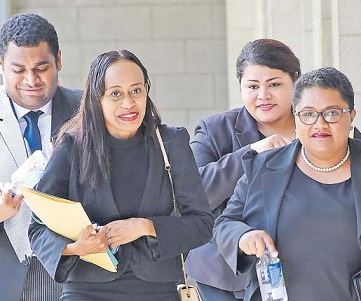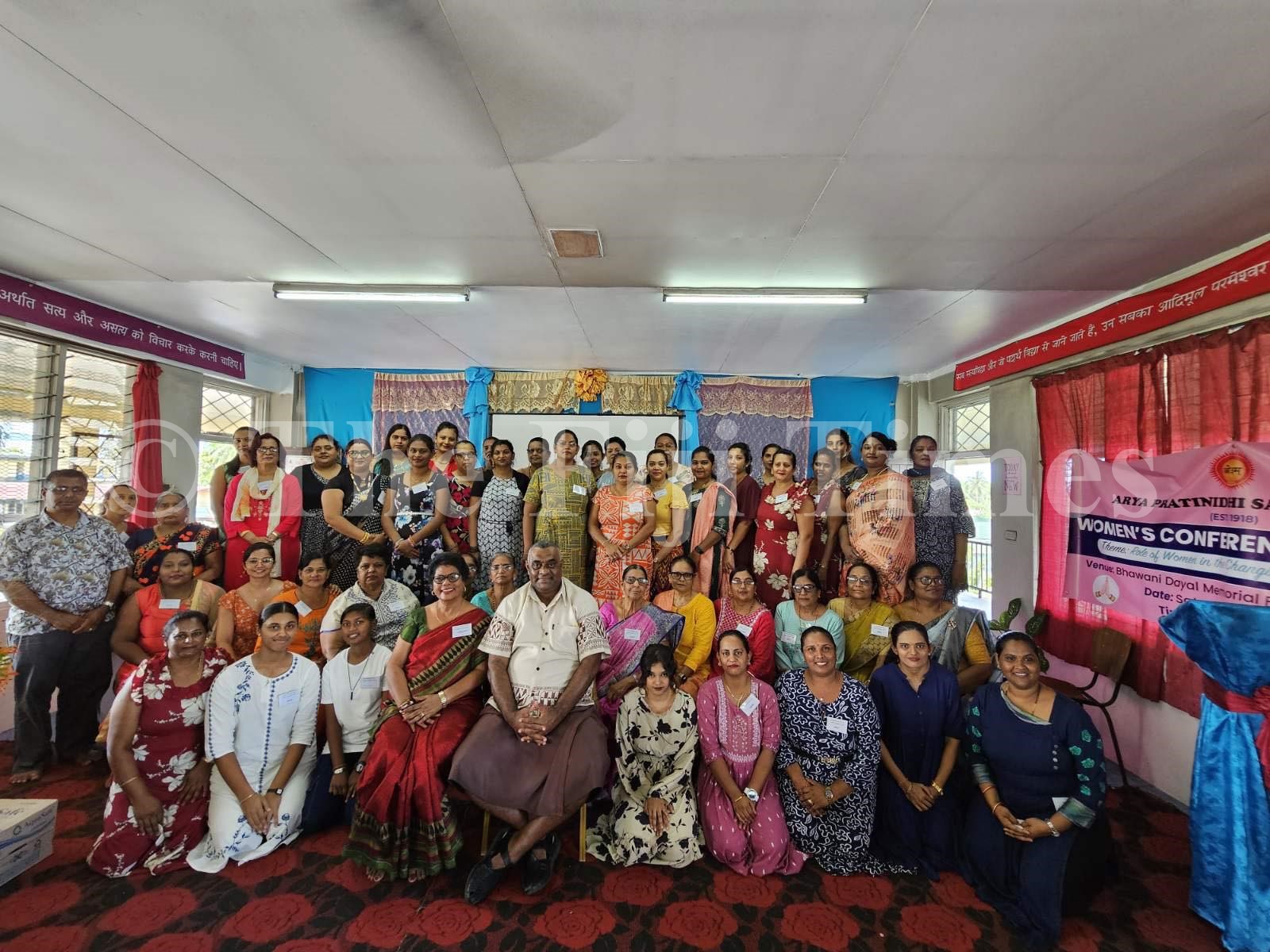A number of articles in the Budapest Convention is represented quite thoroughly in the Cyber Crime Act 2021.
This was the consensus shared by representatives of the Fiji Law Society while delivering a submission on behalf of the organisation before the Standing Committee on Foreign Affairs and Defence in Suva yesterday.
Representative Mele Rakai informed members that a thorough research had been conducted in order to assist the committee reach a decision regarding the ratification of the Budapest Convention, and whether it would benefit the country.
“While 67 countries are part of this convention, Fiji is one of the 15 countries, including New Zealand and Vanuatu, who have been invited to accede to this law.
“In order for Fiji to implement (the convention), we need the rest of the parties to agree to be part of the convention.”
Ms Rakai, along with representatives Lilian Mausio and Lavenia Bogitini, delivered exhaustive research into the similarities that both the Budapest Convention and the Cyber Crimes Act enacted in Fiji last year.
The representatives also highlighted key elements of the convention that should be relooked at in Fiji’s context.
“Article 15 requires parties to uphold the protection of human rights and this includes rights arising out of obligations undertaken under various human rights treaties,” Ms Mausio said.
“These treaties mentioned in Article 15 of the Convention include the European Convention for the Protection of Human Rights and Fundamental Freedoms and also the International Covenant on Civil and Political Rights.
“These two treaties, although universal, do not reflect the new technological era that we live in nor the problems arising out of it, which includes privacy of individuals.”
Ms Mausio further stated since the treaties came into force, new technologies had emerged that fell out of the scope of the aforementioned.
“Key notions such as the definition of privacy, correspondence and what constitutes as interference are therefore ambiguous in the light of these technological advancements.”
Another representative, Ms Bogitini, pointed out to Article 29 in the convention.
She said this was already represented in Section 28 of the Cyber Crimes Act 2021.
However, it created a dilemma regarding dual criminalities, and the article did not recognise dual criminalities as the basis for mutual assistance for the preservation of data.
“This creates challenges in the context of cybercrime where one jurisdiction may not recognise the relevant conduct as an offence at all and this raises a few concerns with regards to preservation of data,” she said.
The Fiji Law Society representatives also informed the standing committee that they were available to interpret and assist to ensure the proposed convention was of benefit to Fiji.
Members of the committee acknowledged the in-depth submission and research collated by the representatives.





